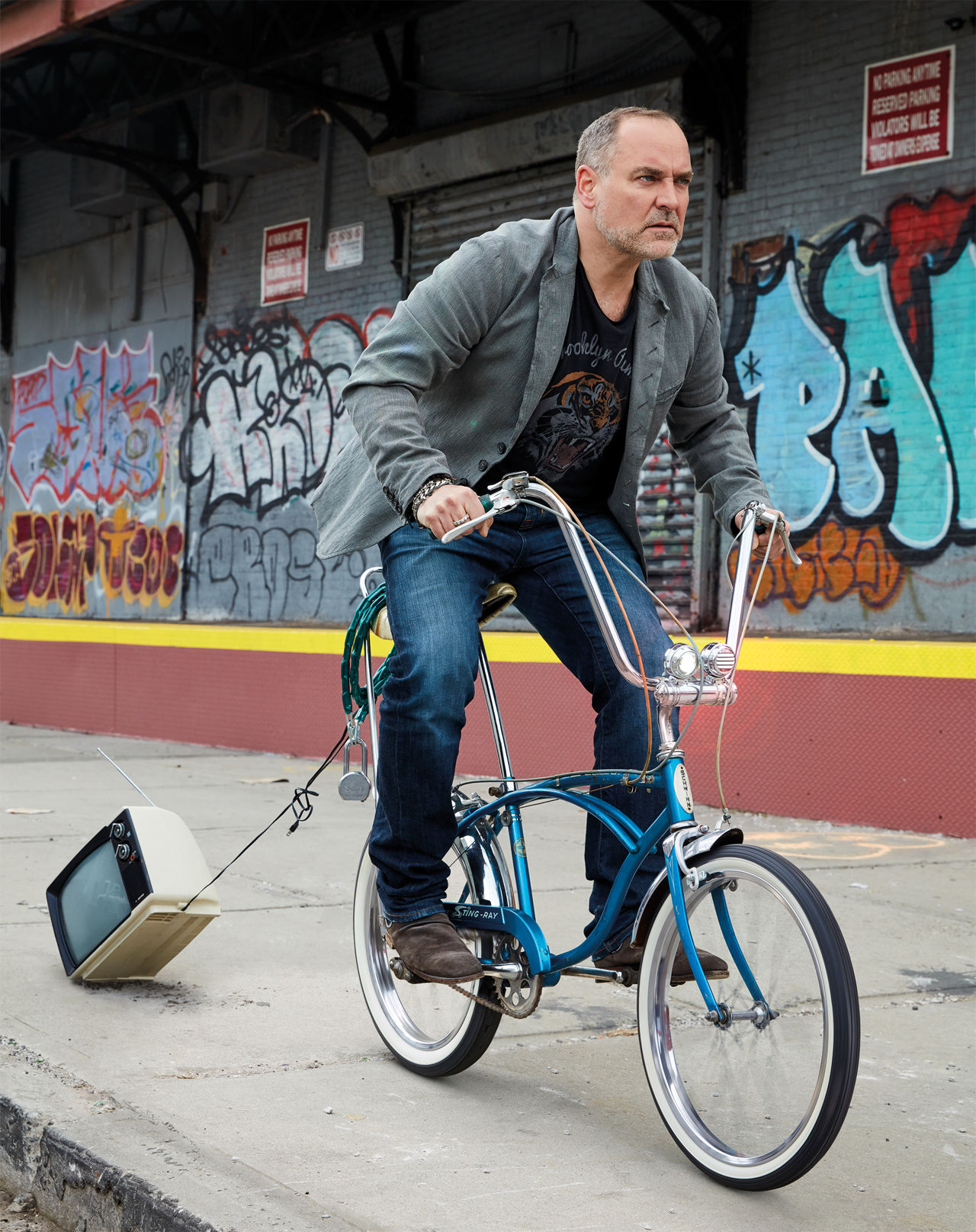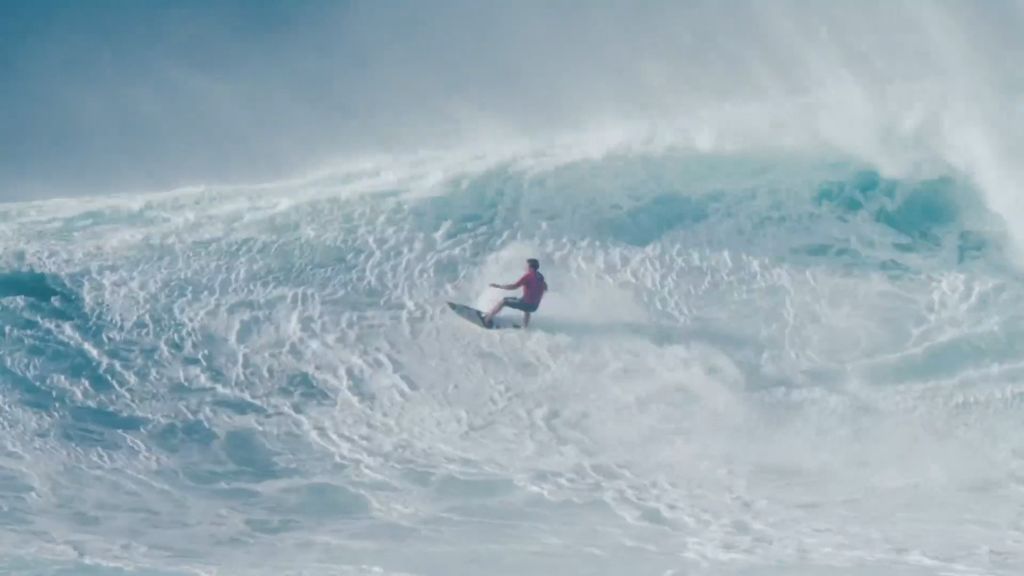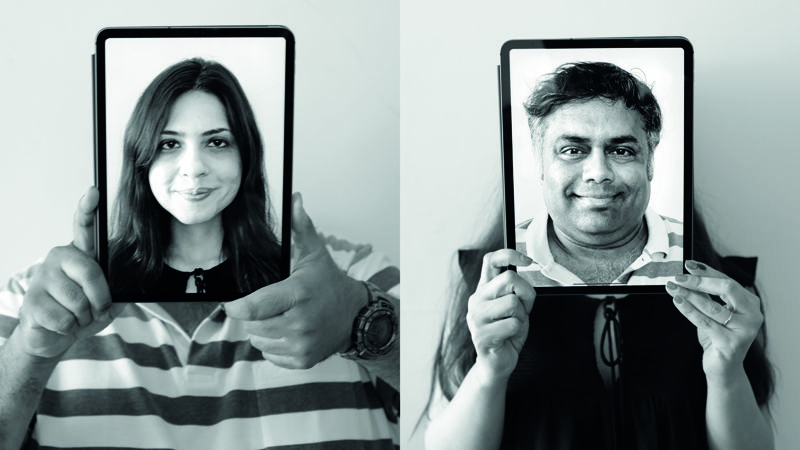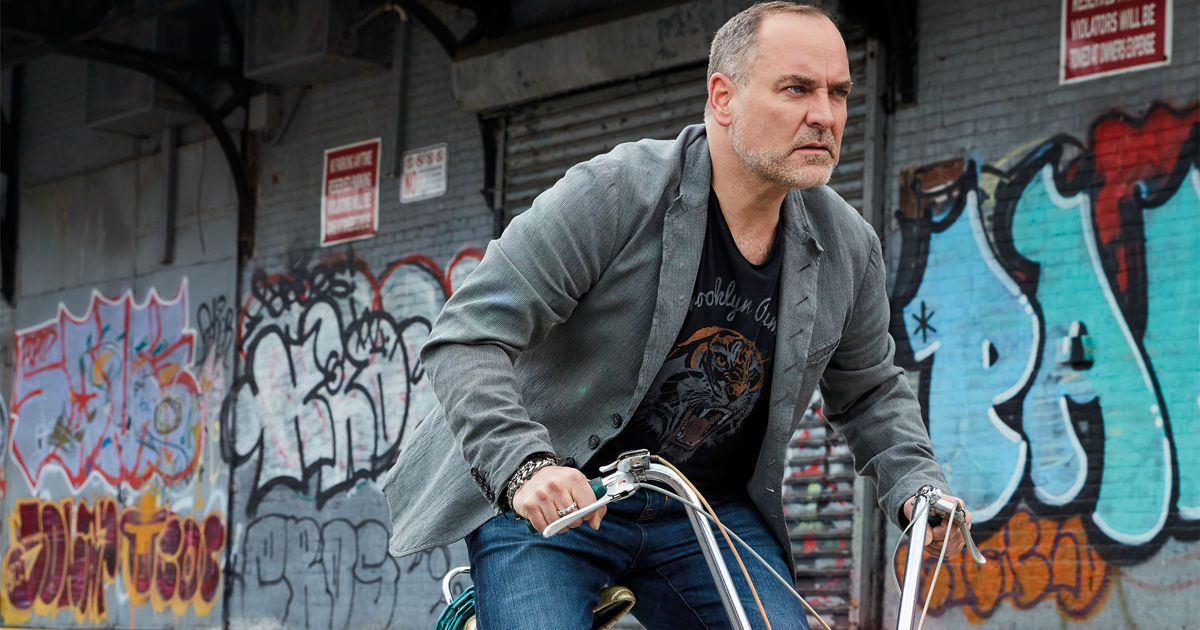On the right road with Scott Donaton
In 2009, when Scott Donaton, this year’s president of the Entertainment Lions jury, moved from observing to practising, he realised “things are a lot more complicated than they look from the outside.” A decade on, as the Digitas global chief creative explains to Tim Cumming, the quest to create engaging content is ever more complex...
What can brands do to create unskippable content that enters the wider culture as something you choose to watch, rather than being inflicted on you? This question has preoccupied former trade journalist and Global Chief Creative and Content Officer at Digitas, Scott Donaton, for years. The answer is still blowing in the wind, but as the Entertainment Lions category has grown since 2012, some ground rules are beginning to show through.
“With branded content, you’re really saying ‘it’s not about you first, but the audience’,” says Donaton, whose advice to clients is stark: “Your brand may not be as prominently in there as you’d think, but we have the evidence that this stuff works, that it can drive business results and we also know on a basic human level that the same part of the brain that processes story is the part of the brain responsible for things like decision making and loyalty, and the rational brain is really there to justify the decisions the story brain has already made.”
It’s to the story brain that the Entertainment Lions are directed, in a category that encompasses the latest AR and VR developments, alongside gaming, short form, feature work, documentary series and social campaigning. It’s a sizeable and heavily populated space.

Above: Scott Donaton, photograph by JJ Sulin
Donaton was a juror on the very first Branded Content and Entertainment Lions in 2012, and president of the jury the following year. “It’ll be interesting to see how much it has changed,” he says. Back then, the challenge was to explain exactly what the category was. “A lot of clients didn’t know, and we had to define it in their minds, so we were not only defining what was excellent in the space but what was the space.”
Now the question is, how is that space changing and expanding? “As new technologies come along they transform the stories that are created, shared and consumed, and what I really want to see this year is how things like AR, VR and AI are beginning to change storytelling.”
“With branded content, you’re really saying ‘it’s not about you first, but the audience’.”
Presiding over a jury of peers – all talents at the top of their game – demands a clear head, an open mind and a strong purpose. “I don’t know what I’m going to see,” he says. “What are the things that are gonna dazzle me? What are the things that are going to make me nauseous with jealousy?” But what he’s most looking forward to is the distillation point that comes after those gruelling first few days of intense viewing. “When you get through that and begin to work on a shortlist and think about gold, silver and bronze, it becomes really fascinating,” he says. “It’s amazing how passionate people are about what it is that we want to put forward into the world.”
Donaton has spent the best part of a decade agency side, after a long career at Ad Age and Entertainment Weekly, where he was, by turns, reporter, editor, then publisher. “I’d wanted to be a journalist from the age of 12,” he says, but rather than becoming that crack New York Daily News reporter-turned-superhero, he wound up in B2B journalism, covering the media industry and – crucially – learning how its business end worked. “As editor of Ad Age I felt our job was to help our readers understand where the industry was going and hopefully to stay one step ahead of it,” he recalls, “and I became fascinated with the idea that interruptive and intrusive forms of advertising were going to decline in effectiveness and efficiency, because every new technology that was coming along was about putting the user in charge of the information flow, rather than the creator and distributor of content. And I started seeing that train coming down the tracks in 1992, 1993. In the end, what I became personally infatuated with is the idea that brands can tell stories that people would actually choose to spend time with.”
While he saw both the advertising and entertainment worlds being decimated by the collapse of established business models, he realised that “actually, by coming together, they could potentially do a lot more”. This birthed the influential Madison & Vine conference series, newsletter and book. And from there, Donaton reached a career crossroads, jumping agency-side in 2009 to become CCO at Interpublic. “They said to me, ‘Okay you’ve been an observer, why don’t you become a practitioner, put your money where your mouth is?” So he did exactly that – cue a range of challenging changes in perspective. “Looking through the window into the house is different from walking around inside it,” he concedes. “Things are a lot more complicated than they look from the outside.”
“Brands for the longest time did not want to take stands on things, they were apolitical and neutral and what you see with today’s audiences is that they want companies to stand for something, they want to get involved with brands and believe in things.”
A decade on, he sees an industry that has dramatically evolved in some ways – and barely moved in others. “I’d love to see more brands understand that if you do this right you can create the things that people will choose to spend their time with, but it remains an uphill struggle with most clients to get them to actually invest in it.”
As he foresaw back in the 1990s, the fulcrum on which his industry swings is one of engagement; “What works best in this category is where the content is focussed more on the values of the brand in the way it moves through the world, and less on products and services.” But this is a change in tone and purpose that brands often find hard to absorb. “When brands have the confidence to focus on things that reflect their values, and then use surrounding advertising and other marketing mechanisms to reinforce and get across the sales message, that’s when things work best.”
Credits
View on- Agency Wieden+Kennedy Portland/United States of America
- Production Company Park Pictures
-
-
-
Unlock full credits and more with a shots membership
Credits
View on- Agency Wieden+Kennedy Portland/United States of America
- Production Company Park Pictures
- Director Lance Acord
Explore full credits, grab hi-res stills and more on shots Vault

Credits
powered by- Agency Wieden+Kennedy Portland/United States of America
- Production Company Park Pictures
- Director Lance Acord
For Donaton, the future belongs to mission-driven brands that give people the means to act. The likes of Amex tackling the financial exclusion of unbanked and underbanked citizens, CVS Health’s Beauty Mark campaign highlighting the issue of photoshopping, or clothing brand Patagonia’s grass-roots activism. “I would say that we are in a story and experiences world,” he says. “You have to tell your story, plant your flag in the world and you as a brand have to act in ways that are true to that, and you have to give people who want to participate in it the means to do that.
Every year, Digitas holds a NewFront symposium that sifts the good, the bad and ugly of 21st century branding. This year, under the hashtag heading #Boycott, the road ahead for branded content and entertainment pointed to mission-led journeys and social engagement that many brands have shied from. Citing the likes of Nike, with its controversial Colin Kaepernick campaign, Donaton says: “Brands, for the longest time, did not want to take stands on things, they were apolitical and neutral and what you see with today’s audiences is that they want companies to stand for something, they want to get involved with brands and believe in things. What we told them is that if you’re being true to yourself there’s really no risk. There’s more risk in not taking a stand right now. Your actions have to match your words. You’ve got to stand for something. At the end of the day you have to make people laugh and cry and care.”
)







